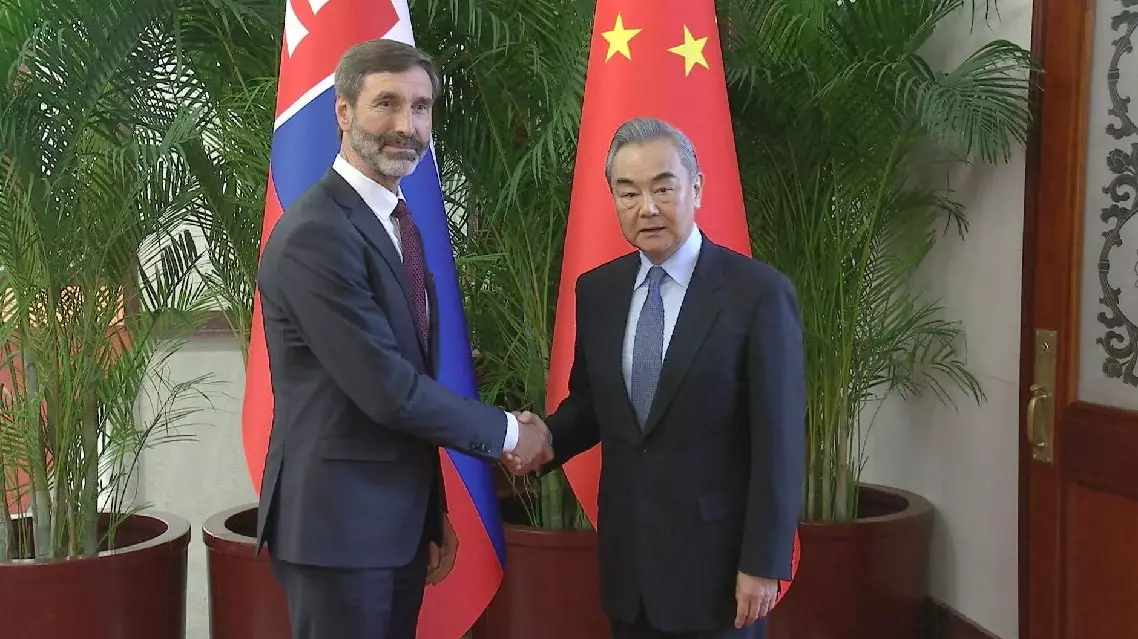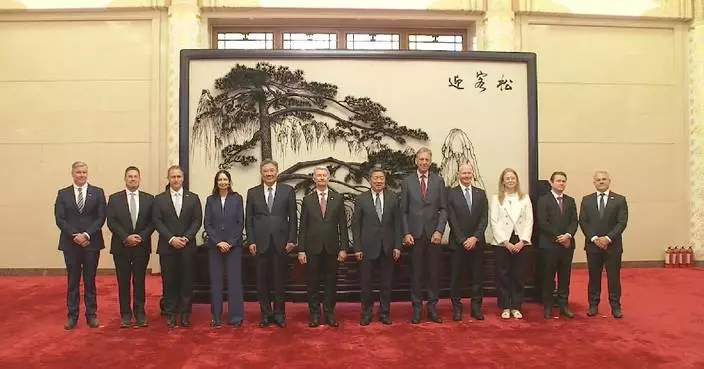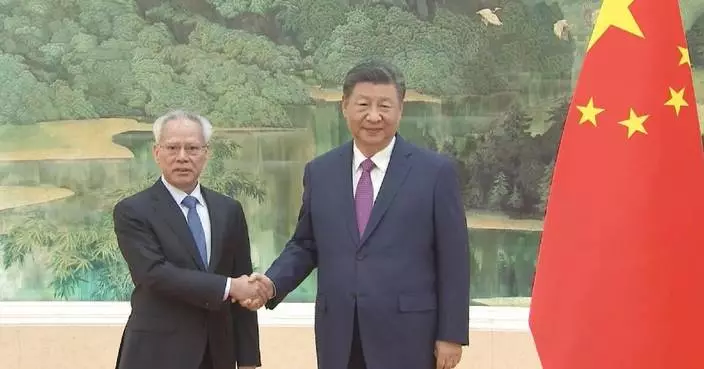German business leaders and automakers fear that the European Union's decision to impose extra tariffs on Chinese-made electric vehicles (EVs) may trigger tariff retaliation from China against the automotive industry in Europe, exacerbating the challenges faced by the already struggling German auto sector.
The European Commission, the EU's executive arm, announced on Tuesday its decision to impose definitive countervailing duties ranging from 7.8 percent to 35.3 percent on EVs imported from China for a five-year period.
In Germany, home to Europe's largest automakers, concerns are rising over the potential impact of EU tariffs possibly triggering retaliatory measures from China on the European automotive industry.
This situation could significantly impact the already strained German auto sector, as Volkswagen, the country's automotive giant, is planning to shut down at least three plants in Germany and reduce tens of thousands of jobs to manage escalating costs.
"There's a likely scenario that China will retaliate. And you've heard, you know, first ideas about how that retaliation could look like. And again, that would hit German manufacturers disproportionately inside Europe and add fuel to the fire and makes the situation even worse. So, we could see closure of plants. We could see layoffs of workers, adding to the crisis that we're currently facing," said Michael Schumann, chairman of the Board of the German Federal Association for Economic Development and Foreign Trade.
According to the German Association of the Automotive Industry (VDA), the value of passenger car exports from Germany to China last year exceeded imports by threefold, while the value of component supplier exports surpassed imports by fourfold.
Consequently, several major German car manufacturers heavily depend on trade with China for a significant portion of their revenue, making them directly vulnerable to the impact of EU tariffs.
"If you have in mind that we produce a lot of minis and i3s in China, we also are affected by the tariffs. And our point of view is to keep the world open. And we are against the tariffs, we can expect now tariffs from the other side. And I think it's completely wrong to have these tariffs in place," said Christian Ach, CEO of BMW Group Sales for the German market.
With talks ongoing between the EU and China regarding alternatives to tariffs, Germany's role in finding a resolution for the talks has garnered increased attention.
"The very practical negative consequences appear in Germany. So, Germany will use its weight whether it succeeds or whether a majority of countries that openly supported the commission's position will succeed. That's too early to predict," said Ulrich Bruckner, a professor of the European Studies of Stanford University in Berlin.
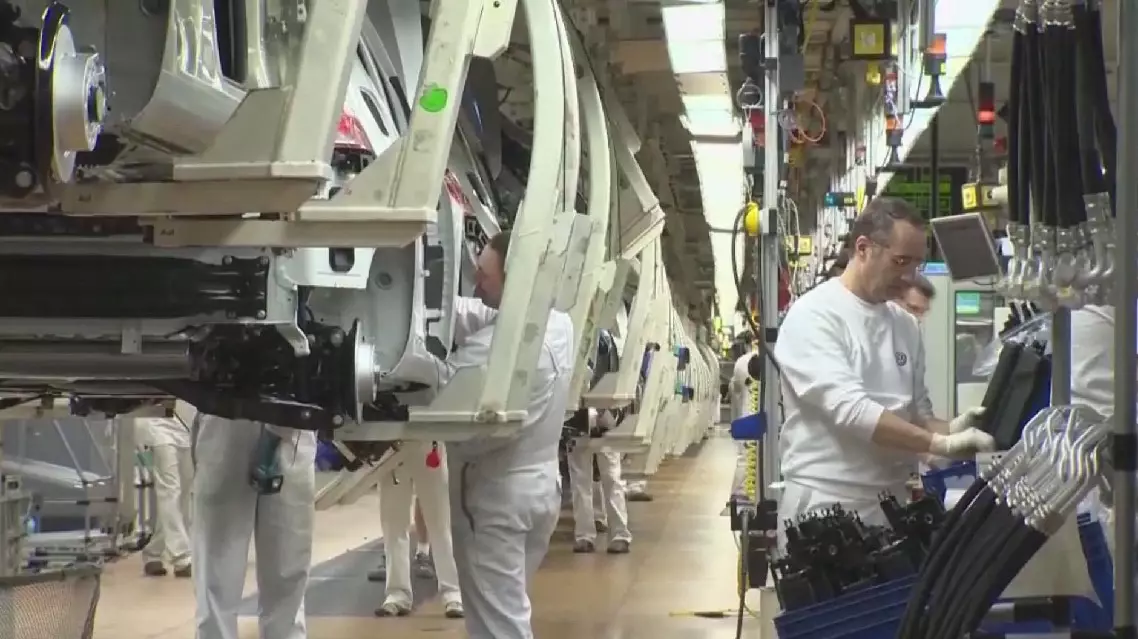
German auto sector fears backlash from EU tariffs on Chinese EVs
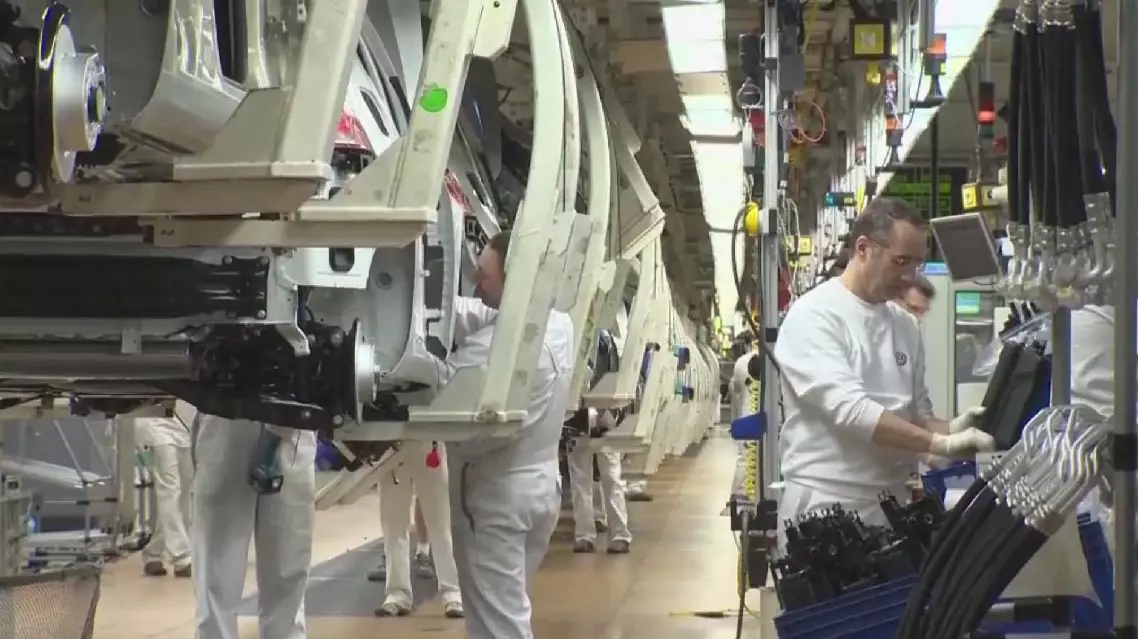
German auto sector fears backlash from EU tariffs on Chinese EVs
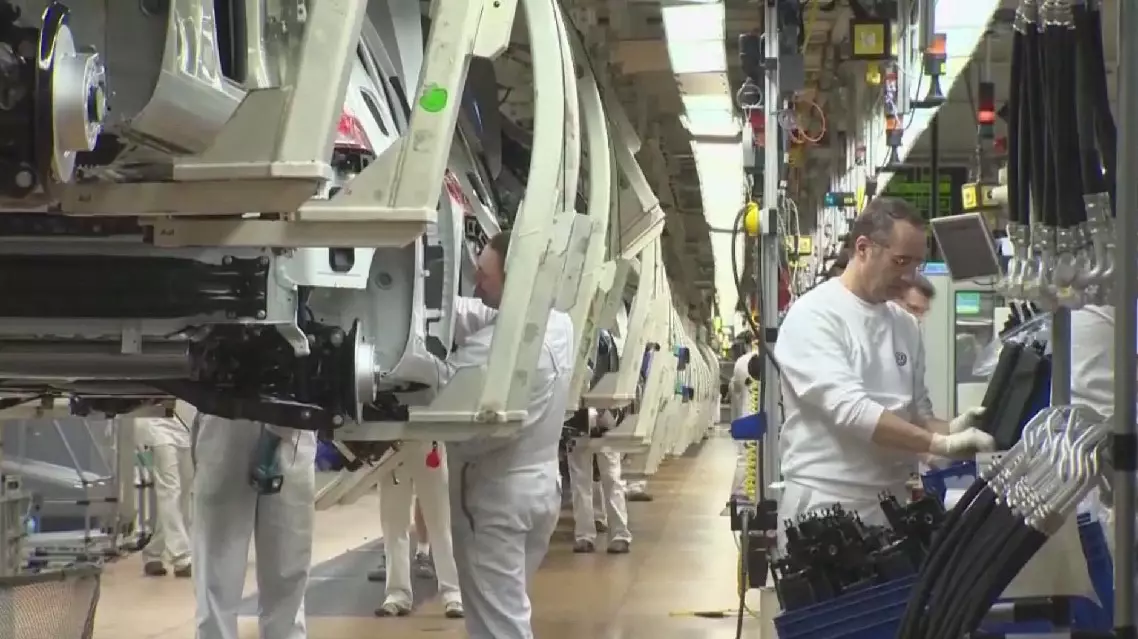
German auto sector fears backlash from EU tariffs on Chinese EVs


